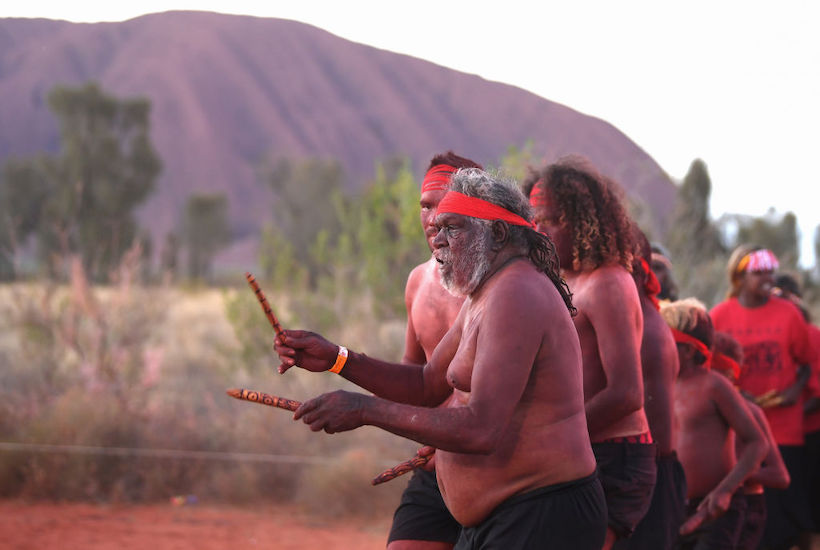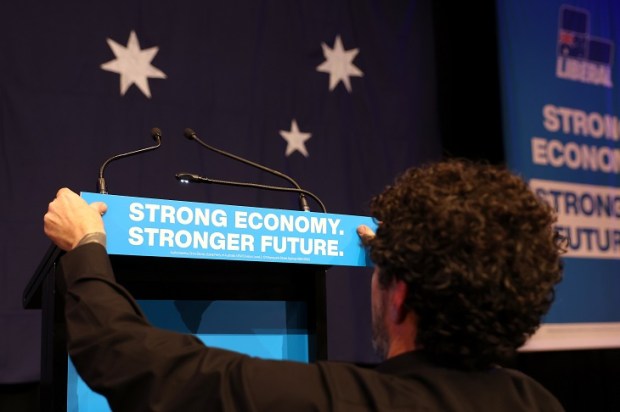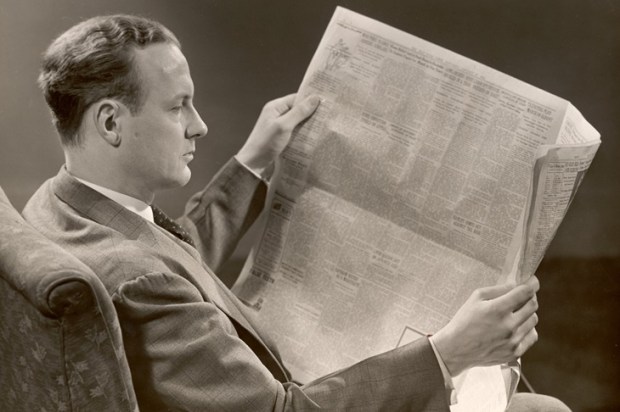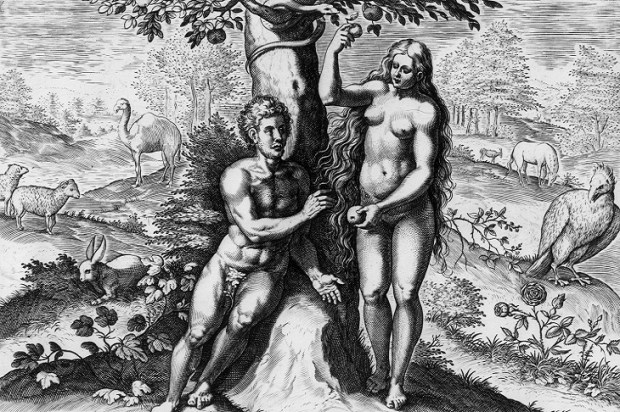If there is one thing that I agree most whole-heartedly with, it is the need to let people speak their mind. It’s called freedom of speech and includes speeches based on one’s religious faith.
Just such a speech occurred when representatives of the Yankunytjatjara and Pitjantjatjara people on the Uluru-Kata Tjuta National Park board of management announced their decision to close Uluru to the climbing public. In November 2017, Sam Wilson, chairman of the UKTNP Board, explained climbing Uluru was an activity long considered disrespectful by the region’s traditional owners, the Anangu people.
In Wilson’s explanation, disrespect gradually morphed into interference in the Anangu religion, as the following extracts show:
Anangu have always held this place of law. … This [Uluru] is a sacred place restricted by law. … The climb is a men’s sacred area. … If you ask, you know they can’t tell you, except to say it has been closed for cultural reasons. What does this mean … what is cultural law? … Tjukurpa includes everything: the trees; grasses; landforms; hills; rocks and all.
Tjukurpa is described elsewhere as ‘traditional law, stories and spirituality.’ While Mr Wilson says that Uluru is a men’s sacred area, the left-wing Guardian deferred to the opinions of two Pitjantjatjara women who attribute the stories and beliefs to the grandfathers and grandmothers — which is very woke.
What is not realised is that the UKTNP board’s decision was facilitated by the Commonwealth; the Commonwealth established UKTNP as a national park and established the board of management which consists of 12 members, 8 Indigenous from the traditional owners, three from the Commonwealth government, and one Territorian.
So in 2017, the Anangu considered Uluru a sacred place restricted by law. However, in 1947, two Anangu men climbed Uluru. We know because there is a photograph of them standing at the cairn. Further, in 1973, Paddy Uluru, recognised by the Federal government as the ‘legitimate, principle owner of Uluru’ is reported as saying “If tourists are stupid enough to climb the Rock, they’re welcome to it” and “the physical act of climbing was of no cultural interest”
The decision to stop the climb is reported to have been made by Parks Australia on the basis that Anangu never climb, a statement refuted by the photograph. These facts suggest that the closure of Uluru was advancing certain personal interests rather than any religious considerations.
What is important to realise, however, is how the Commonwealth government facilitated and advanced the expressions of the religious and sacred interests of a select group of people.
There is an obverse to this shiny coin.
The Commonwealth held a plebiscite to determine by simple majority whether homosexuals should be allowed to marry. Because the proposed amendment to the Marriage Act would conflict with the religious belief that marriage could only be between a man and a woman, the Commonwealth government appointed an expert panel under the chair of Phillip Ruddock to investigate how religious opinions might be protected.
The term ‘expert’ in this case is a euphemism for a legal positivist. This much is evident from the panel’s opinion that ‘human rights have the most work to do during times of change and uncertainty’ an opinion that casts the issue as a legal conflict between different human rights. Legal positivists abjure any objective determination of a hierarchy of rights even though such a hierarchy is self-evident in human nature. Not knowing the difference between a right and a wrong, they see nothing absurd when a human wrong is converted into a right. They assume all human rights to be equal.
The task for experts is simply how to tweak the different ‘human’ rights in order to effect a compromise that can be supported politically. That is the solution provided by the expert (sic) panel in their recommendations. It is an abandonment of protections that the mainstream religions of this nation have always had.
The substance of the religious argument, that the proposed changes to the Marriage Act was not just contrary to religious doctrine but contrary to human nature and dangerous to society was never considered by the Expert Panel for three reasons. First, because their legal training precluded such a consideration. Second, the expert panel was protecting the result of the same-sex marriage plebiscite. Third, the expert panel had no intention of protecting freedom of speech.
Had the panel viewed the problem in the context of what was natural for the parties rather than legal positivist theory of human rights, they might more readily grasped a solution that protected what is important to our society. As it is, they threw religious freedom under a bus and 18 months later the Commonwealth government is still wrestling with a legislative response.
Compare the enquiry, the consultation, the extensive, useless analysis of legal rights and the compromises proposed for mainstream religions, with the way the Commonwealth has facilitated the expression of the religious doctrines of the Anangu people at Uluru and permitted their imposition on the rest of Australia.
If we all became members of the Anangu tribe, we could not only climb Uluru, but we could enjoy the freedom to speak about our religion.
Oh, and by the way, plebiscites are the appropriate method for determining the broad question of a constitution which is general in form and understandable after many years of debate. They are not appropriate for determining legislative amendments. Legislation is policy and which policy is the proper subject for an election. That according to the father of the constitution, Edmund Barton.
David Long is a retired solicitor and economist.
Got something to add? Join the discussion and comment below.
Got something to add? Join the discussion and comment below.
Get 10 issues for just $10
Subscribe to The Spectator Australia today for the next 10 magazine issues, plus full online access, for just $10.


























Comments
Don't miss out
Join the conversation with other Spectator Australia readers. Subscribe to leave a comment.
SUBSCRIBEAlready a subscriber? Log in